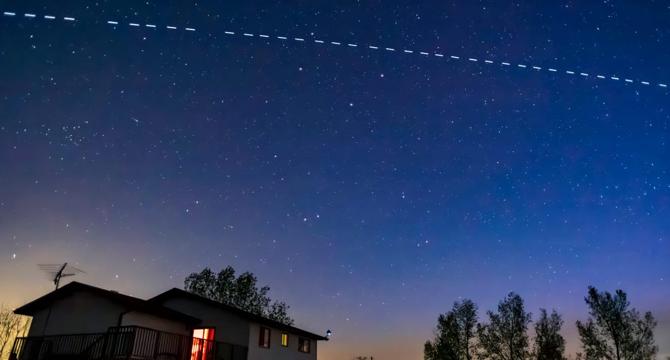Insider
4w
433

Image Credit: Insider
SpaceX's Starlink satellites have a lot of scientists worried about Earth's atmosphere
- SpaceX's Starlink and other mega-constellations of satellites could harm the atmosphere in ways that scientists don't understand yet. About 100 scientists signed a letter in October asking the Federal Communications Commission (FCC), which regulates satellite launches in the US, to pause mega-constellations. Rocket launches, such as those that put satellites into space, emit pollutants like carbon dioxide and black carbon, which can deplete Earth's protective ozone layer. Due to the sheer number of satellites expected to fly, die, and re-enter in coming years, future mega-constellations could inject 21 times more aluminum oxides into the upper atmosphere than 2022 rates, according to researchers. Elon Musk's Starlink satellite constellation is the majority owner of active satellites as of November 15.
- An additional 58,000 satellites could launch by 2030, largely from SpaceX, OneWeb, Amazon, and the Chinese government -- all to connect the entire planet to the internet. There may be impacts on Earth's atmosphere that scientists have not yet discovered and the environmental harms of launching, and the idea of burning up so many satellites are not clear. Satellite mega-constellations could cause potential environmental harm to Earth's atmosphere and the very same ozone layer that protects us from powerful solar radiation. Aluminum oxides can linger for decades and cause significant ozone depletion. There's no environmental review for mega-constellations -- the 100-scientists letter asked the FCC to pause new satellite launches, conduct environmental reviews under the National Environmental Policy Act (NEPA), and end a rule that excludes satellites from those review requirements.
- An accurate prediction of all possible impacts should be the basis for any relevant policy. The incoming Trump administration may not be the most environmental-review-friendly, given Musk's anticipated role in it. The FCC plans to review its NEPA rules, which would include the satellite exclusion following a recommendation from the Council on Environmental Quality updated government-wide regulations for implementing NEPA in May. If the FCC finds that large satellite constellations significantly affect the human environment, it may have to start requiring environmental reviews. Musk and SpaceX have already clashed with regulators over environmental reviews.
Read Full Article
26 Likes
For uninterrupted reading, download the app